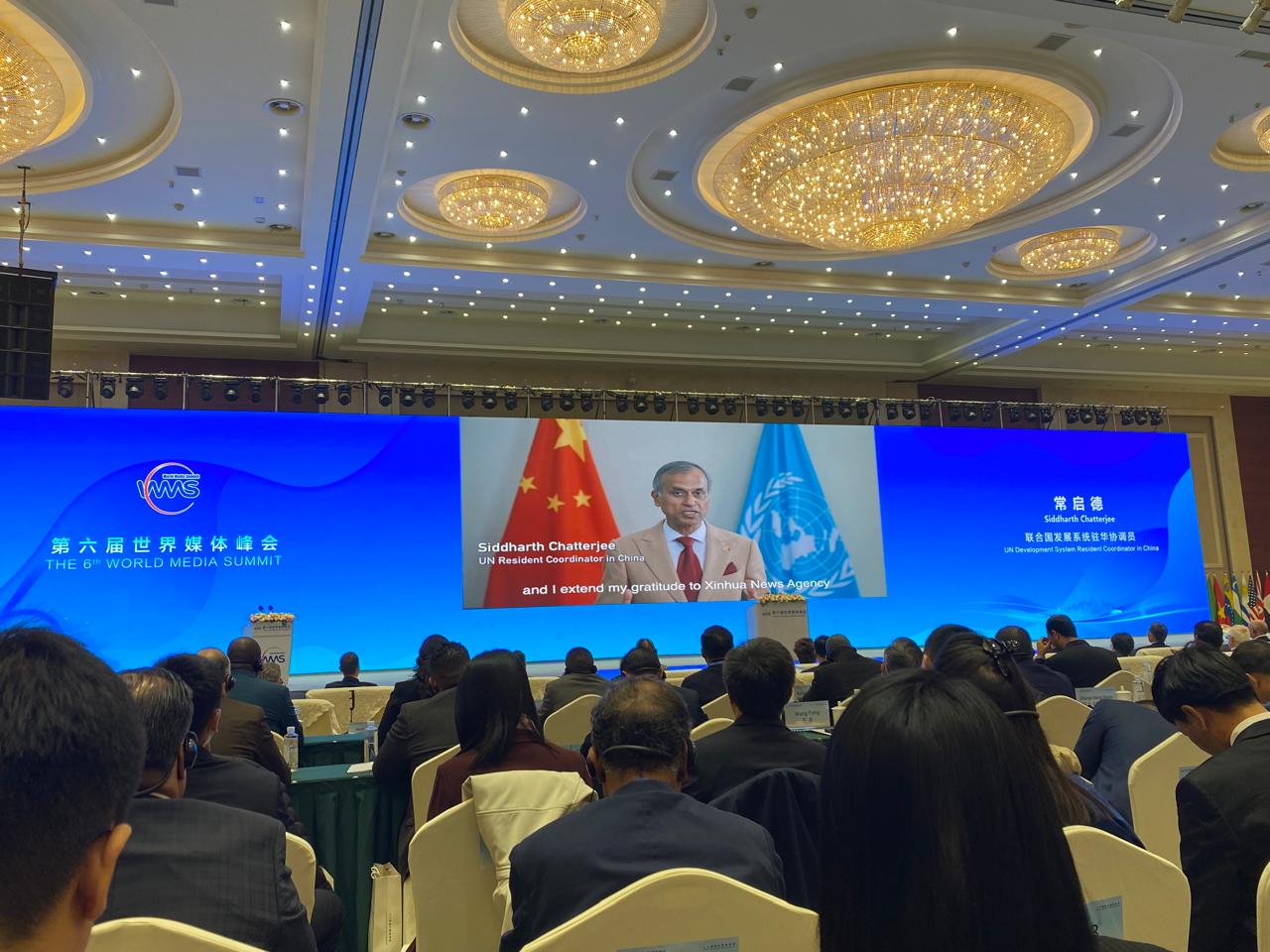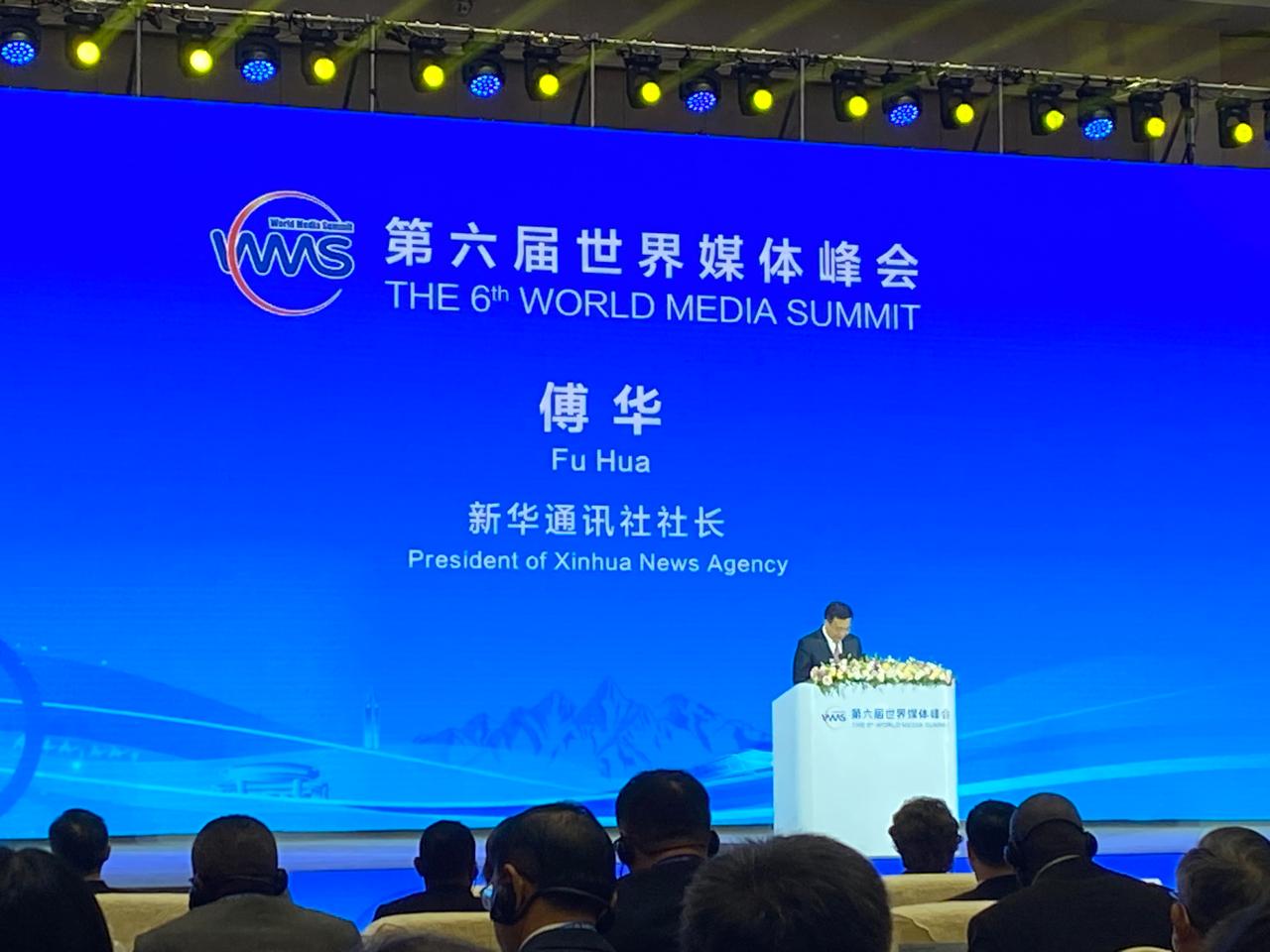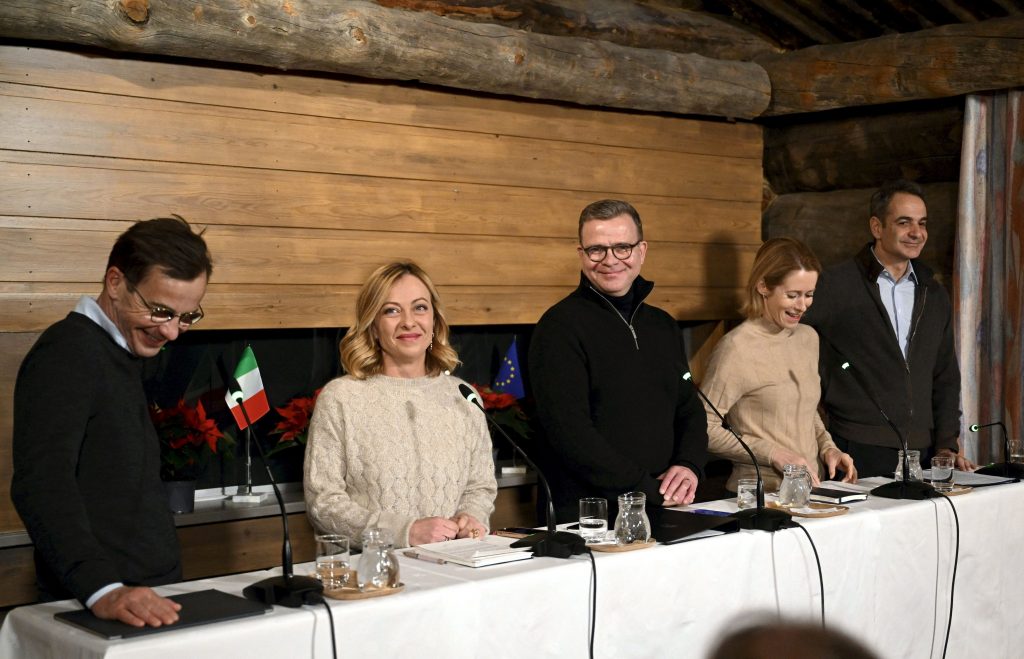URUMQI, CHINA – To Vima International Edition attended the 6th World Media Summit held in the Xinjiang Uygur Autonomous Region of China between October 12 and 17. Co-organized by China’s national media outlet Xinhua News Agency and the People’s Government of Xinjiang, the forum hosted representatives from 208 media outlets and organizations and 106 countries and regions.
This year’s summit, themed “Artificial Intelligence and Media Transformation” focused on the role and responsibilities of global media in the digital era as well as the risks and opportunities that have arisen with the advent of Artificial Intelligence (AI).
Xinhua News Agency is the largest official news agency in the People’s Republic of China, with 144 bureaus worldwide, over thirty of which are in the country’s provinces. The first World Media Summit was held in 2009 in Beijing and has since offered an international platform for issues surrounding the global media industry.
Yuan Bingzhong, the Vice President of Xinhua News Agency, hosted the opening session of the 6th World Media Summit, giving the floor to several high-level delegates from both the media industry and international organizations to share their thoughts on the topic.
United Nations Resident Coordinator in China Siddharth Chatterjee mentioned, “Our world is grappling with a range of global challenges, with issues from climate change to rising inequality. Today’s theme underscores that these global challenges have expanded beyond the traditional offline sphere increasingly permeating our digital landscape.”

A strong consensus was demonstrated over the responsibility of international media to adhere to journalistic ethics and standards, to report on truthful and objective events and information.
Head of communication of the International Committee of the Red Cross (ICRC) regional delegation for East Asia Najum Iqbal stressed that “Journalists and media have the power to fight disinformation to uncover the truth, as well as to restore trust in the tradition sources of information.”
“Disinformation is not just a threat to the truth, it is a threat to peace, stability and the very life of people who are caught in the chaos of conflict,” Iqbal noted.
Director General of the ICRC Pierre Krähenbühl concurred saying, “It’s important for us to understand how artificial intelligence is being applied, particularly as these new technologies often contribute to this misinformation and hate speech that impact the lives of millions of people around the planet.”
The various benefits that AI offered were not left out of the conversation however.
Xinhua News Agency President Fu Hua gave a key-note speech stressing how the opportunities posed by AI are enormous. He noted that AI tools should be used to empower and add value to, rather than replace, traditional journalism, saying that “Technology is the means, but talent is the ultimate goal.”

Reuters APAC Vice President Gan Ling-Sze mentioned areas that AI could revolutionize modern media outlets, by reducing repetitive work in the newsroom, “supercharging” journalists’ abilities to do their job with the help of technology and “implementing AI tools for a better and faster delivery.”
Acting Director General of Al Jazeera Media Network Mostefa Souag in turn argued that AI can transform the way media organize and produce content. “By using AI tools in automated news we can produce accurate news content at the right time with greater efficiency,” he mentioned, presenting the tools’ ability to fact check and reproduce information in very short periods of time.
“This also frees journalists to focus on in depth analysis and investigative reporting thereby enhancing the quality and scope of content,” Souag argued. It can also “identify emerging trends and topics of public interest enabling us to deliver the most important new to audiences based on their preference.”
The 6th World Media Summit concluded on a hopeful note. Chatterjee remarked that “that unity and resolve is more critical than ever in advancing towards our common goals.”
Xinhua News Agency, in turn, pledged to continue the pursuit of an open platform for discussion to ensure the high-quality development of the international media landscape.
Fu Hua noted that the coexistence and mutual progress of media and technology is a long-term systematic endeavor. He concluded, “what should be seized is momentum and what must not be missed is opportunity.”


